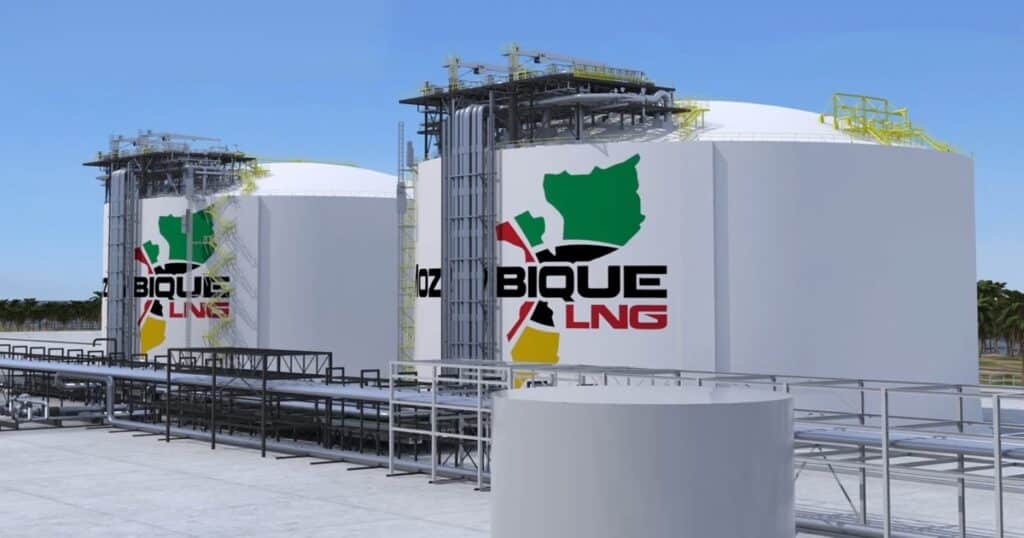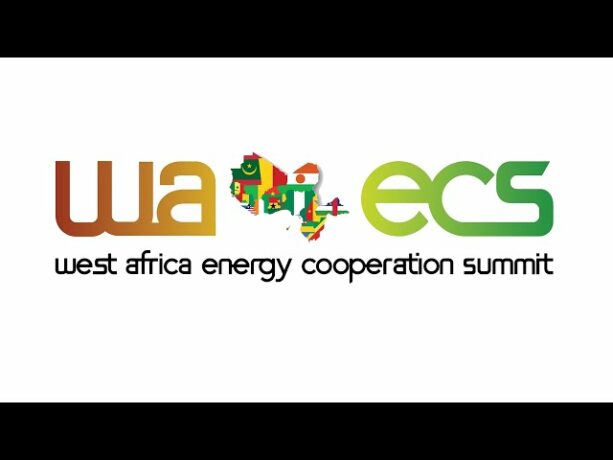
The imposition of new U.S. taxes on steel has created yet another hurdle for Mozambique’s massive liquefied natural gas (LNG) project. Already affected by delays and security challenges, the project’s overall cost could rise significantly as a result of these measures—an issue that is worrying the energy industry.
On October 14, 2025, during the Energy Intelligence Forum in London, TotalEnergies CEO Patrick Pouyanné voiced concern over the impact of the U.S. tariffs on steel and aluminum.
By raising these duties to 50%, the Trump administration has increased the cost of critical equipment needed for gas infrastructure—such as pipelines, storage tanks, and steel structures.
An analysis conducted by EY suggests that the decision could push global energy project costs up by more than 5%, including for the Mozambique LNG venture, whose initial valuation stands at $20 billion.
Led by TotalEnergies in Mozambique’s Cabo Delgado province, the project has been suspended since 2021, after the company was forced to halt operations following a series of armed attacks.
Although the security situation has partially improved, Pouyanné stated that a restart of construction is not expected before 2029. The surge in steel prices now adds to an already uncertain investment environment and the project’s inherent logistical complexity.
For companies in the sector, margin pressures are becoming critical. Baker Hughes CEO Lorenzo Simonelli estimated that the tariffs would add over $100 million in extra costs for his company in 2025.
In a sector heavily dependent on global supply chains, this U.S. protectionist policy risks further slowing the execution of major LNG projects—among them Mozambique LNG, which is vital for the country’s economic recovery.



